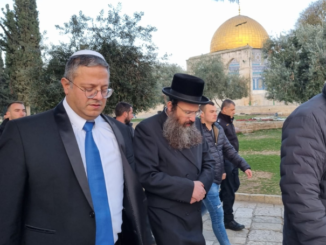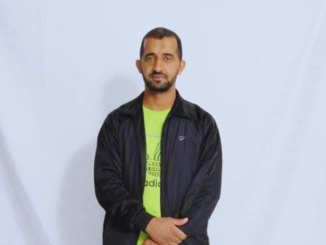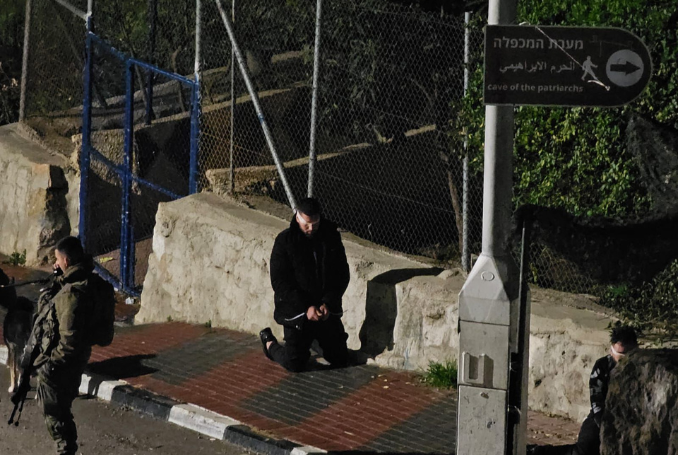
Jaber witnessed the radical change that took place during the 1990s and told The Palestine Chronicle that Israel imposed even more severe restrictions over the last few months.
The name Hebron (Al-Khalil) immediately evokes the tight military grip that Israel has imposed on the Palestinian city for many years in order to protect 400 illegal Jewish settlers who have occupied the heart of the city since the 1990s.
Yet, for months, the Israeli army has imposed yet more restrictions on the Palestinians of Al-Khalil, especially in the Old City, to facilitate the passage of settlers to the Ibrahimi Mosque.
The city area is divided and fragmented by hundreds of military checkpoints; 120 were erected by Israel around the mosque alone.
Residents have to pass through them and endure all kinds of humiliation, while Jewish settlers have their comfortable streets and are not subjected to any kind of harassment.
The settlers claim that the complex where the Ibrahimi Mosque is located, which they refer to as the Cave of the Patriarchs, belongs to them.
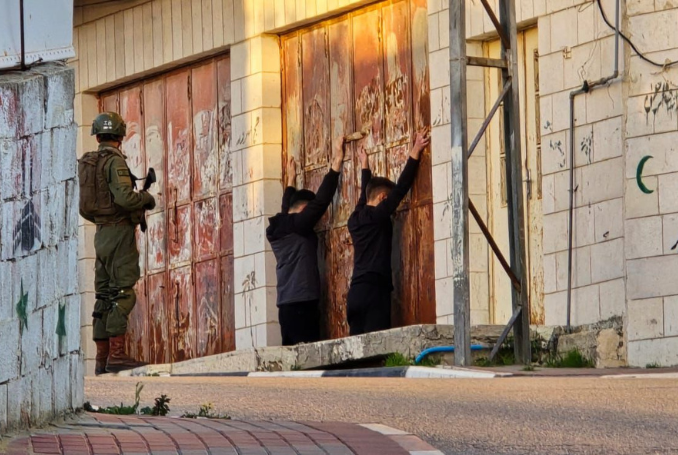
In 1994, a far-right American-Israeli settler carried out a massacre in the mosque during the month of Ramadan, killing 29 Muslim worshippers and injuring dozens more. Since then, Jewish settlers have taken control of half of the complex.
Moreover, Israel divided the Old City, sealed off entire streets and closed more than a thousand shops, which were considered the beating heart of the city.
Many Palestinians who lived in the center of the city were forced to leave their homes at gunpoint by Israeli soldiers and settlers. Those who refused to leave have been subjected to all sorts of harassment and racist practices throughout the years.
‘Living in Hell’
Several neighborhoods in the city, such as Tel Rumeida, Al-Shuhadaa Street, Al-Salaymeh and Jaber are considered a microcosm of the larger context of suffering experienced by Palestinians due to Israeli occupation.
Arif Jaber, 59, has lived in the Jaber neighborhood his entire life.
Jaber witnessed the radical change that took place during the 1990s and told The Palestine Chronicle that Israel imposed even more severe restrictions over the last few months.
“This neighborhood was connected to the Ibrahimi Mosque, and we used to walk there before the infamous massacre in 1994,” Jaber said.
“There were many shops in the Old City and the area was vibrant with life. Now, it is a ghost town.”
In parallel with its aggression against the Gaza Strip, Israel has increased its brutality against Palestinians in the West Bank, tightening its grip on them and restricting their movements even more.
The Jaber neighborhood is inhabited by 5,000 Palestinians who are surrounded by several Israeli military checkpoints.
They cannot leave their homes, let alone move freely at night, otherwise they would be subjected to arrest, abuse and even torture.
‘Checkpoint 160’ is one of the most oppressive Israeli military checkpoints.
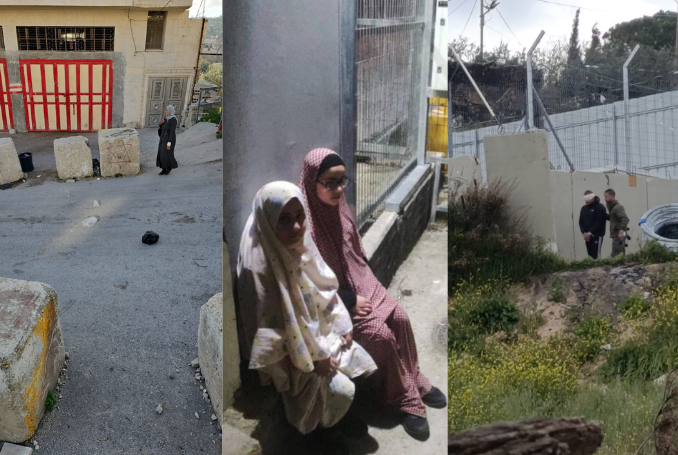
Young Palestinian men who pass through it are subjected to repeated searches and are often forced to remove their clothes and stand there for hours, handcuffed, without any justification by Israeli authorities.
“We are also subjected to unannounced curfews. When the evening comes, Israeli soldiers begin wandering the streets of the neighborhood, and if they see a Palestinian, even a woman, they arrest and abuse them for hours,” Jaber explained.
In addition, Israeli soldiers, without any reason, routinely fire tear gas and sound bombs at Palestinian homes just for fun. When cases of suffocation are reported, ambulances are not allowed to enter the neighborhood.
The restrictions of movement also extend to Palestinians who need to reach hospitals. Israeli soldiers carry out thorough inspections and harass them, preventing ambulances from transporting patients and even pregnant women who are in labor.
“It’s like living in hell. During Ramadan, it is as if we are in prison,” Jaber said.
“We cannot visit each other and we are forced to stay at home most of the time to avoid Israeli occupation soldiers who are deployed in large numbers,” he continued.
Silent ‘Genocide’: Israel’s War on Palestinian Bedouin Communities in West Bank – SPECIAL REPORT
Israel’s Goal
Jewish settlers in Hebron have inflicted all sorts of abuse on Palestinian residents, to force them to leave in order to seize the remaining homes and facilities.
Hisham al-Sharbati is a member of the Hebron Defense Committee.
He told the Palestine Chronicle that Israel imposed a tight curfew on the already restricted Old City since the beginning of its aggression against the Gaza Strip on October 7.
Recently, the Israeli military has allowed residents to leave their homes at specific hours. However, Palestinians continue to be subjected to harassment by soldiers and settlers deployed across the area.
“According to the new regulations imposed by the Israeli army, residents of this area are allowed to leave their homes at a certain hour, but they cannot return during the day. They must wait for a specific hour in the evening,” al-Sharbati explained.
The entrances to the Old City, leading to the Ibrahimi Mosque, are all closed and only residents of the adjacent houses are allowed to enter the complex. But they, too, are subjected to hours of humiliation at the Israeli military checkpoints.
‘I Shouted at the Soldiers’ – As Gaza War Grinds on, Israel is Demolishing the West Bank
Recently, Israeli authorities began preventing Palestinians from using the cemetery inside the Old City. Therefore, the residents are forced to obtain a special permit to bury the dead there.
“During the last Jewish holiday, settlers attacked a Palestinian funeral, beat the mourners and expelled them, forcing them to search for alternative cemeteries outside the Old City,” al-Sharbati said.
The true goal of these brutal practices is clear: Israel wants to force the Palestinian population to leave their city.
The families who decided to remain in this area, however, are refusing to surrender to the relentless humiliation and restrictions.
They are determined to stay and preserve the original Palestinian identity of the city.
(The Palestine Chronicle)
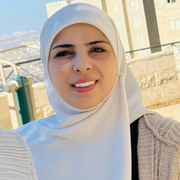
– Fayha’ Shalash is a Ramallah-based Palestinian journalist. She graduated from Birzeit University in 2008 and she has been working as a reporter and broadcaster ever since. Her articles appeared in several online publications. She contributed this article to The Palestine Chronicle.

